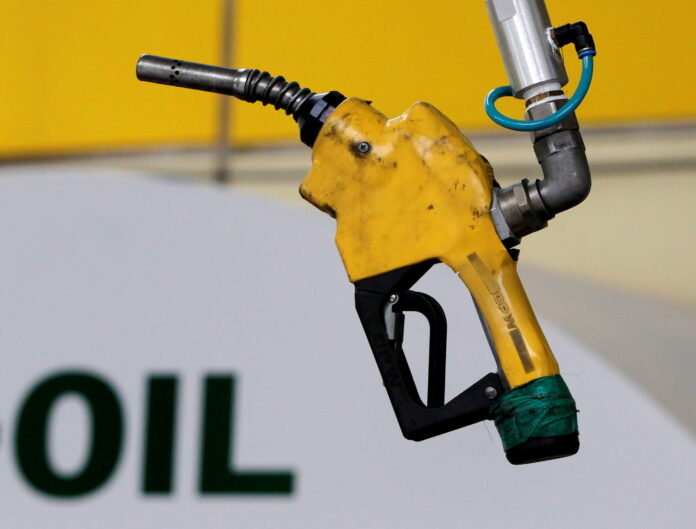Petrol and high-speed diesel (HSD) prices in Pakistan are expected to decrease from August 1 due to lower international market prices and import premiums.
As per media reports, the reduction could be around Rs3 for petrol and Rs8.50 for HSD for the next fortnight.
The drop in prices on the international market over the last fortnight saw petrol decreasing by approximately $2 per barrel and HSD by $3 per barrel. Based on these figures and the current tax rates, the anticipated reduction at local pumps for petrol is Rs2.90 per litre, and Rs8.50 per litre for HSD.
The international market recorded a decrease in the average price of petrol to $87.50 from $89.50 per barrel, and HSD to $94 from about $96.93 per barrel.
Additionally, the import premiums have decreased, with petrol dropping to $8.80 from $9 per barrel and HSD to $5 from $6.50 per barrel. The exchange rate has remained stable during this period.
Amidst these changes, the government has increased the maximum petroleum levy to Rs70 per litre in the current Finance Bill, aiming to collect Rs1.28 trillion in the upcoming fiscal year, up from Rs960 billion collected last year.
Currently, the ex-depot price for petrol is Rs275.60 per litre and Rs284 per litre for HSD. With the proposed adjustments, petrol prices are expected to stabilize above Rs272 per litre, and HSD could approach Rs275 per litre, assuming there are no further increases in the petroleum levy.




